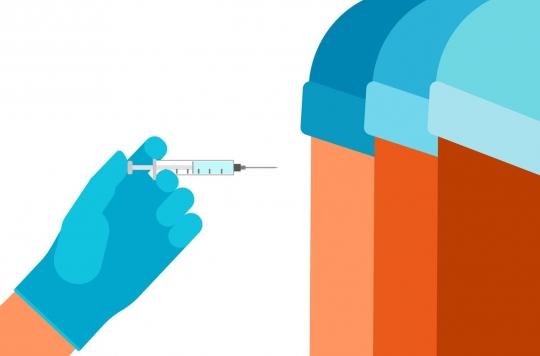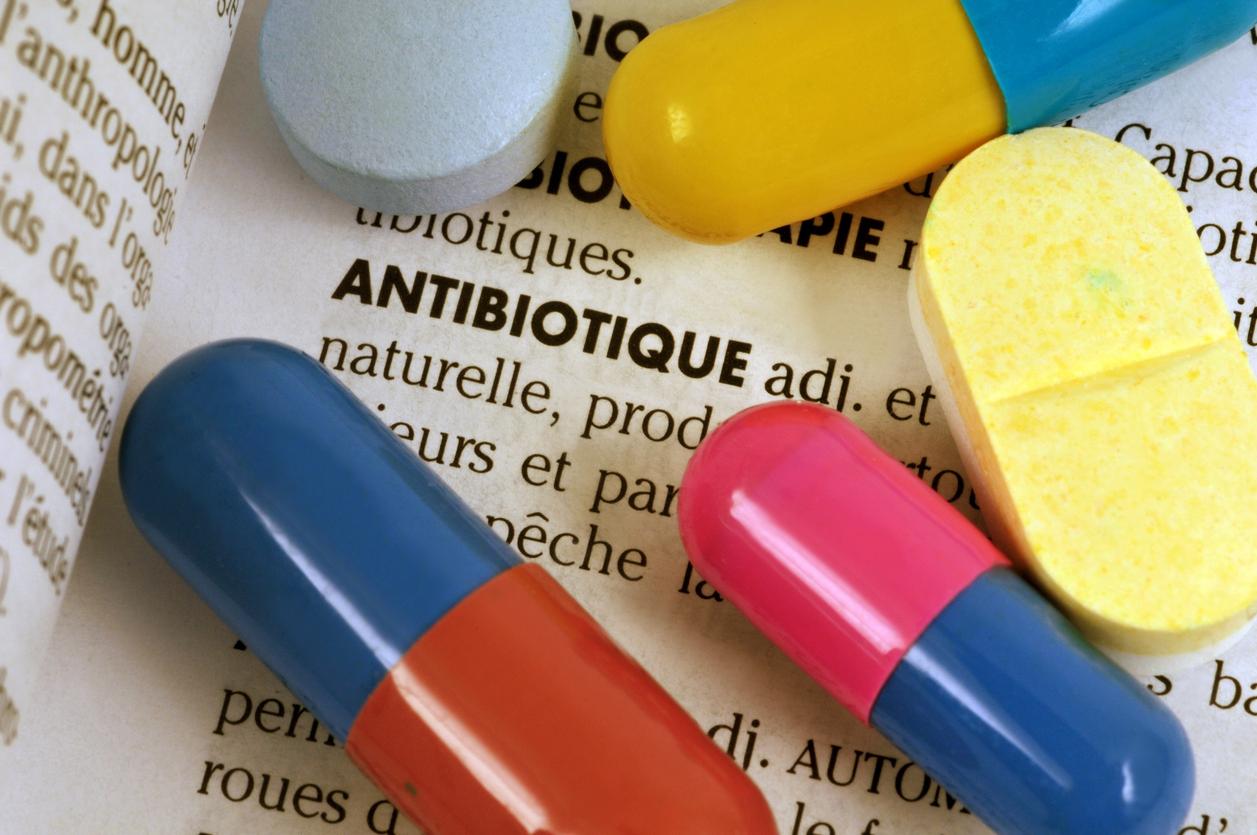Since the start of the pandemic, several studies have shown a decline in everyday vaccines such as those against measles, tetanus or whooping cough.

- Health professionals are invited to “systematically check the vaccination status of all their patients, in order to seize any opportunity to carry out, if necessary, a catch-up vaccination of vaccines which would not have been carried out during the confinements and travel restrictions”.
- They are also encouraged to “priority target infants and particularly fragile populations for which specific recommendations appear in the vaccination schedule (people with chronic diseases, immunocompromised, elderly, pregnant women)”.
If the vaccination campaign against Covid-19 is accelerating, the other vaccines are suffering from a disengagement of the French. Faced with this phenomenon, many patient associations and health professionals are calling for “to encourage the French, especially the most vulnerable among them, to update their vaccines for their health, but also to prevent other epidemics which could reappear after the lifting of barrier gestures”.
A decline observed for all vaccines
One year after the start of the pandemic, the sharp decline in these everyday vaccines identified by the scientific interest group EPI-PHARE1 is confirmed by GERS data* : -11% for MMR vaccines and -16% for combined tetanus/diphtheria/poliomyelitis/pertussis vaccines. This delay is observed for all the other vaccines for adolescents or adults with: -5% for HPV vaccines, – 9% for meningococcal C vaccines, -21% for hepatitis B/varicella vaccines and -24 % for shingles vaccine.
“This withdrawal of vaccination is all the more worrying in the case of highly contagious pathogens, such as measles or whooping cough, against which vaccination coverage in normal times is already low in adults”, deplore patient associations.
“It’s a monstrous mess”
The most fragile populations are particularly likely to not have been properly vaccinated. “It’s a monstrous mess”, regrets Dr Pascal Mélin, president of the SOS Hepatitis & Liver Diseases Federationillustrating his remarks with two examples. The first is that of vaccination against hepatitis B: “We must finish the job! Protect children and adolescents up to the age of 15, so that those born before the compulsory infant vaccination introduced in 2018 are no longer the forgotten generation of the hepatitis B virus ; strengthening catch-up vaccination against hepatitis B for those most at risk from the age of 16 is a priority today!”, explains Dr. Melin.
The second example is that of the vaccination of people living with cirrhosis, who are immunocompromised. “Like many chronically ill patients, cirrhotic patients are much more at risk of develop serious forms of disease and absolutely must be vaccinated against the flu but also against hepatitis A and B, pneumococcus and the varicella/zoster virus. However, many of them are not up to date with their vaccines”, worries Pascal Mélin. More specifically, a recent study presented at the World Hepatology Congress took data over 5 years from 14 American or Canadian hepatology centers and analyzed the files of 982 patients. “The results are dramatic! Only 50% of patients are properly protected”, underlines the president of SOS Hépatites. “We must teach the younger generation, but not only, to use a dematerialized vaccination card”, concludes Dr. Melin.
With Covid-19, the most precarious populations are also seeing their already fragile situation deteriorate.
*economic interest group created by companies in the Pharmaceutical Industry.

.















